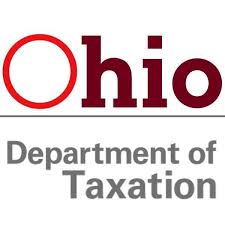Meals & Entertainment Deductions

By: Morgan K. Webster, CPA
Writing off meals and entertainment as business expenses can be complex at times. Some things are 100% deductible, some are 50%, and a few are nondeductible. It all depends on the purpose of the meal or event, and who benefits from it.
The Consolidated Appropriations Act of 2021 issued a temporary 100% deduction for businesses for food and beverage expenses that are provided by a restaurant for amounts paid after December 31, 2020 and before January 1, 2023. These expenses were formerly 50% deductible under the TCJA. A restaurant, as defined under IRS Notice 2021-25, is a “business that prepares and sells food or beverages to retail customers for immediate consumption, regardless of whether the food or beverages are consumed on the business’s premises”.
The temporary 100% deduction does not include food and beverages provided by grocery stores, specialty food stores, liquor stores, vending machines, etc.
Entertainment expenses are still nondeductible. Food and beverages purchased at an entertainment activity are still 50% deductible if the food and beverages are purchased separately from the cost of the entertainment, or if the food and beverage is separated out on a bill or receipt.
In order to maximize your tax deductions for your business, we suggest your trial balance accounts reflect the following:
- 50% meals
- Restaurant meals (100%)
- Whole-staff lunches (100%)
- Entertainment (0%)
If you have any questions on this guidance, please contact your Whalen advisor for assistance.




 Governor DeWine signed into law
Governor DeWine signed into law 
 Last month,
Last month, 
 The Paycheck Protection Program (PPP) application deadline formally changed from March 31 to May 31 this week when President Joe Biden signed the extension into law.
The Paycheck Protection Program (PPP) application deadline formally changed from March 31 to May 31 this week when President Joe Biden signed the extension into law.